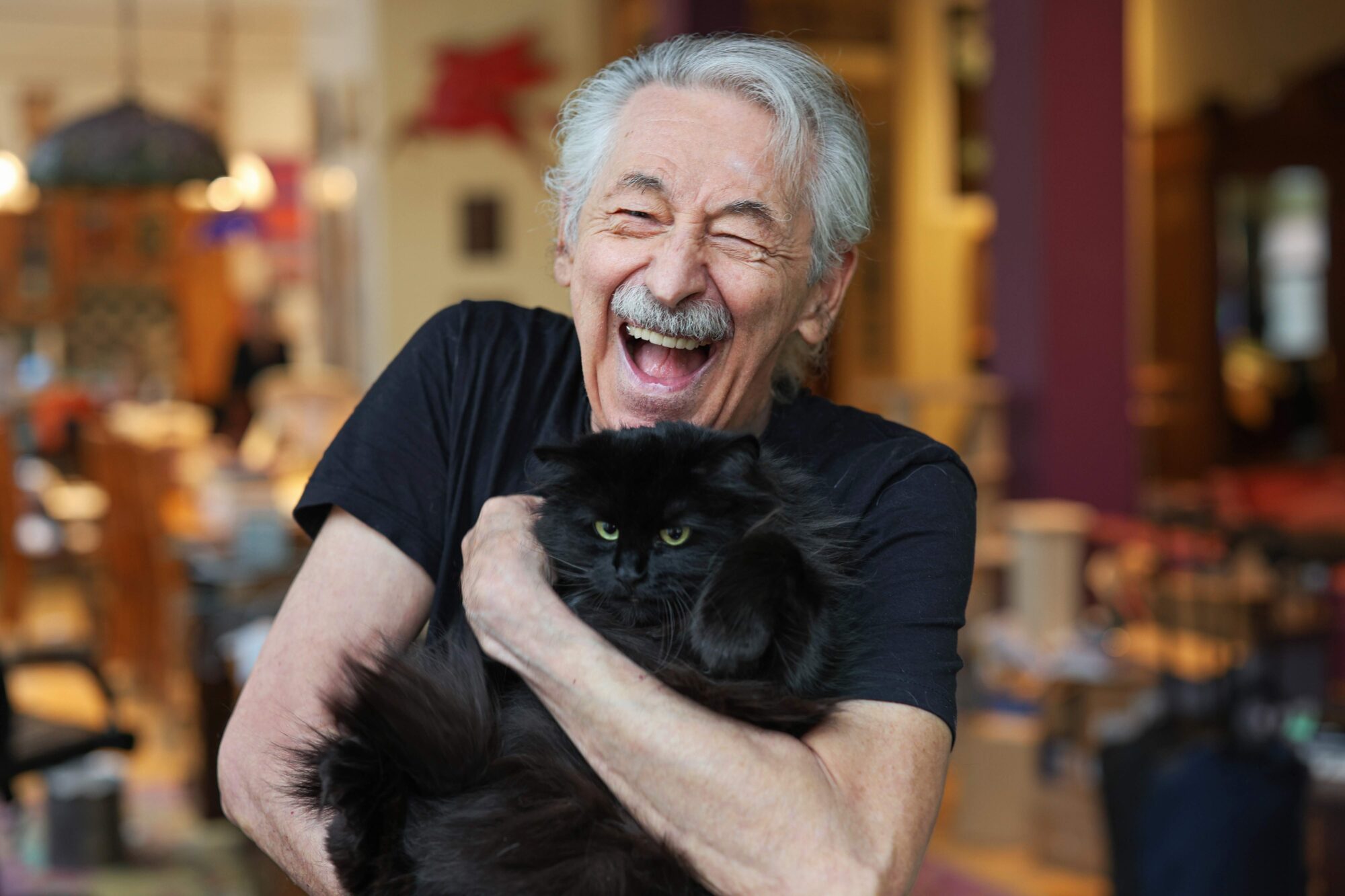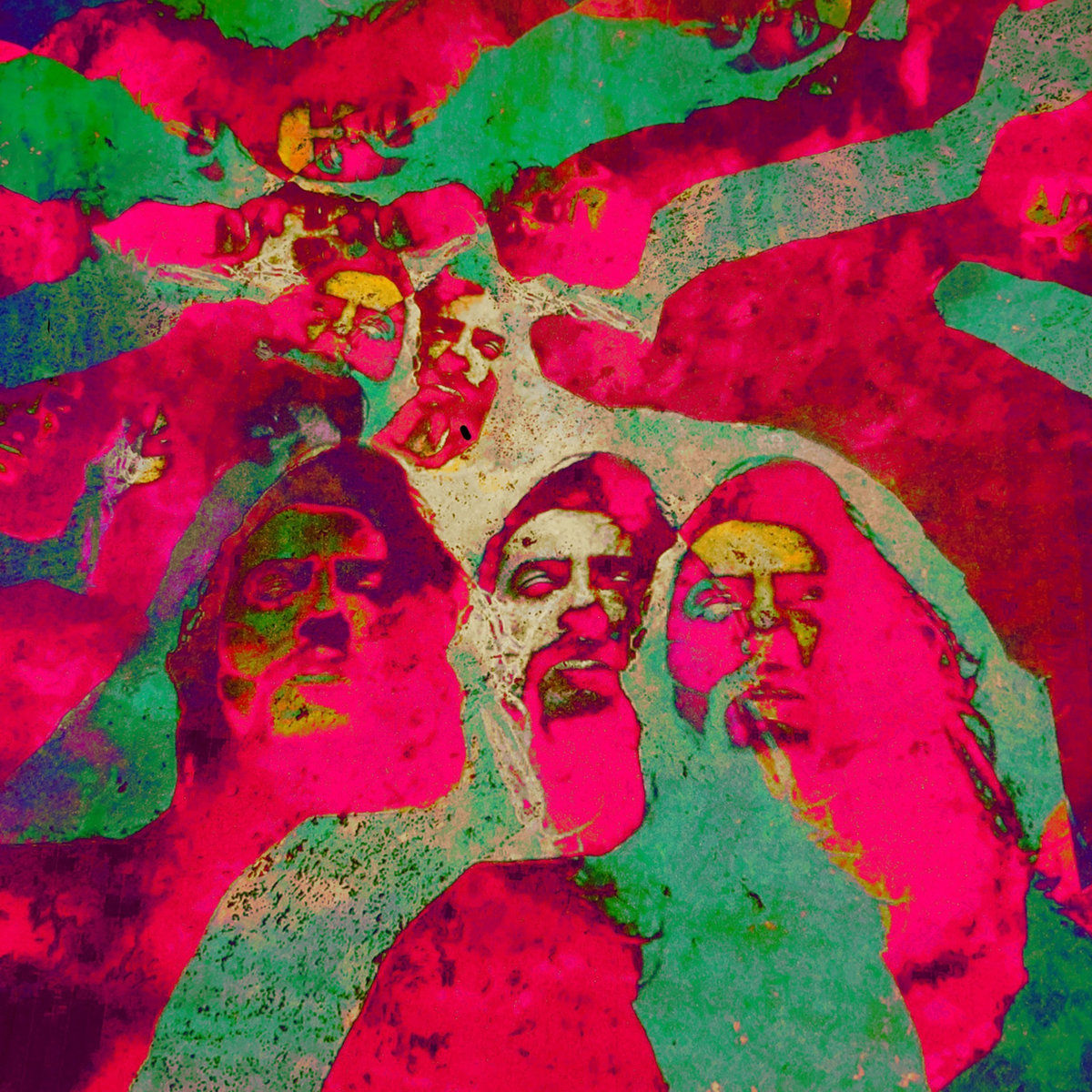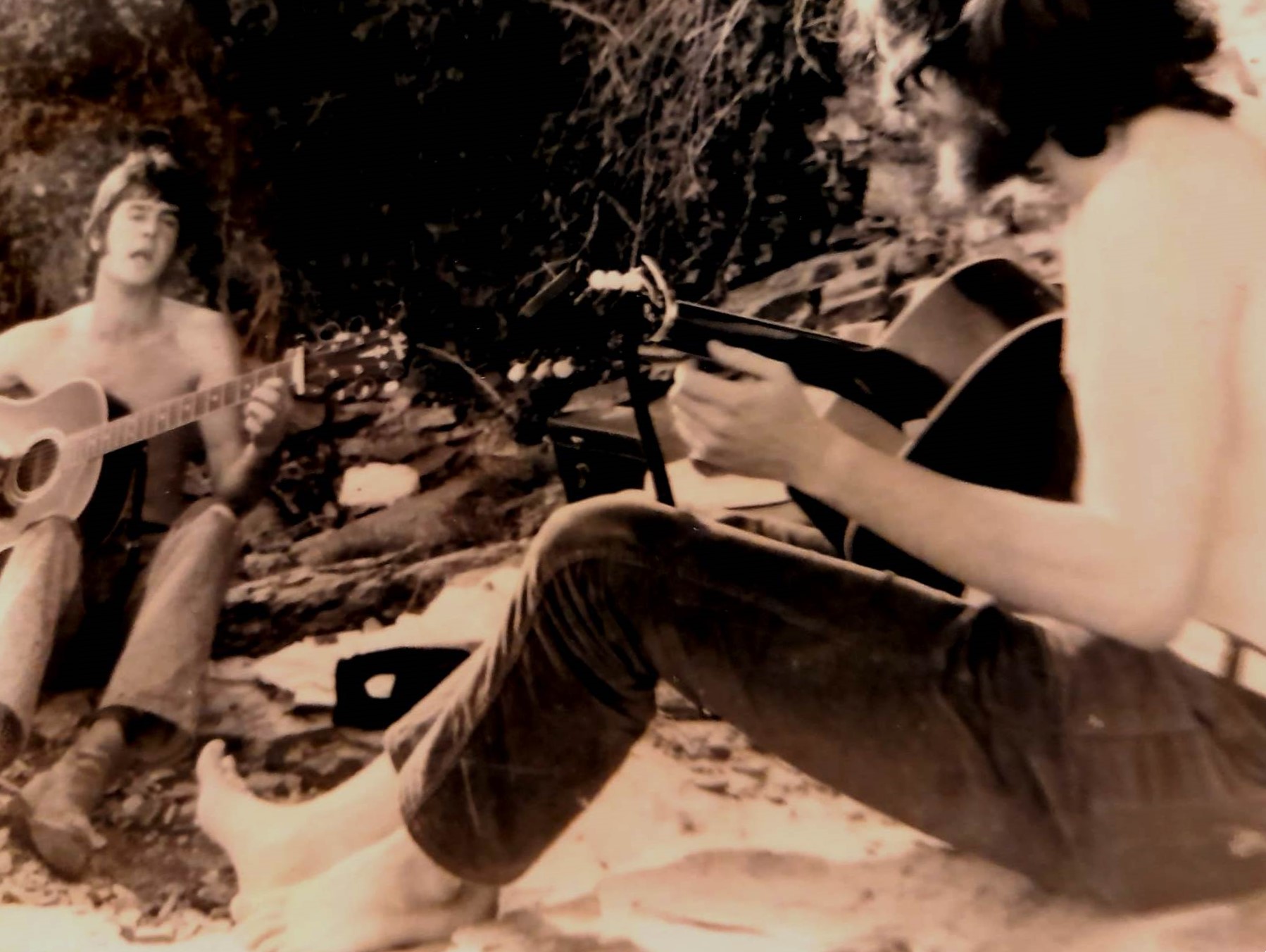Owen Gardner
Owen Gardner is a Baltimore based multi-instrumentalist, mainly known for his contributions to Horse Lords and Matmos.
“Music has been around me as long as I’ve been alive.”
Can you remember what first attracted you in music? Was it a record? Or a musician? Or an instrument?
My father is a musician, who mostly plays what’s called ‘old time’ music on fiddle and banjo (though he made an effort to expose me to the widest variety of music he could), so music has been around me as long as I’ve been alive. When I was 10 or so I started playing cello and my teacher was another important influence, introducing me to Bach, modal jazz and Turkish music as well as giving me some early practical guidance in Just Intonation (I didn’t know to call it that until much later). Hearing surf music and earlier rock & roll (especially Link Wray and Bo Diddley) as a teenager got me interested in playing guitar and soon enough I was folded back into my dad’s interests (which I shared by then), accompanying him at square dances.
Why did you study Medieval European music? Why the Medieval period? What have you learned from Medieval music and is still part of how you play today?
I don’t remember what initially drew me to Medieval music but I’ve been interested for as long as I’ve been playing music- I remember desperately trying to make sense of the Medieval chapter in a History of Western Music book before I could really read music and I did what I could to incorporate it as soon as I started writing music. With and without Horse Lords I still use techniques derived from Medieval music constantly, particularly canon, hocket and isorhythm. Some late Medieval music was extremely complex, moreso than anything else that would be written until the 20th century, and that repertoire, now called Ars Subtilior, continues to influence me.
Did you study non-Western music too? And if so: what non-Western music? African?
I have never had a teacher in any non-Western music so I can’t say I’ve formally studied it, but I did study Ethnomusicology as a university student and I continue to study African music on my own, mostly interested in studying multi-part organization and instrumental technique. Many Mauritanian classical musicians now play the guitar and I hope to eventually study with a Moorish guitarist. That said, a lot of what is perceived as African influence in my playing comes indirectly, through American folk music.
What can you say about Baltimore’s underground music scene?
It has changed a lot but has always been a very open and nurturing community and one that rewards experimentation without judgment (I think sometimes it would benefit from little more judgment). I don’t know if I could have dealt with the pressure of New York or more competitive scenes when I was starting out and I still wouldn’t be able to deal with higher rent. Baltimore isn’t as cheap as it was when I moved there but it’s still cheaper than most American cities. That said, the lack of public services would shock any European and the rent is going up despite a lack of improvement in this area.
How did you get involved in Matmos?
The experimental music scene in Baltimore is very small so I met them shortly after they moved to town and we started playing together not long after they learned I was a musician. They’re very keen to fold in local talent!
– Joeri Bruyninckx
KRAAK@UNIC: Sundown Crash
Ce Soir (fr), Owen Gardner (us)
SAT. 15 JUNE 2019
UNIC, Aalst
doors: 20:30



